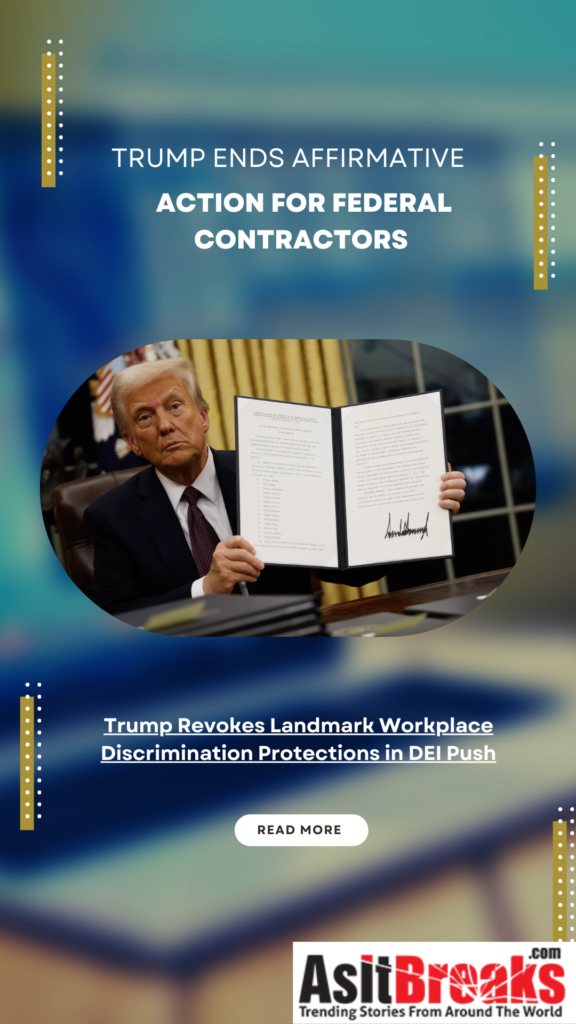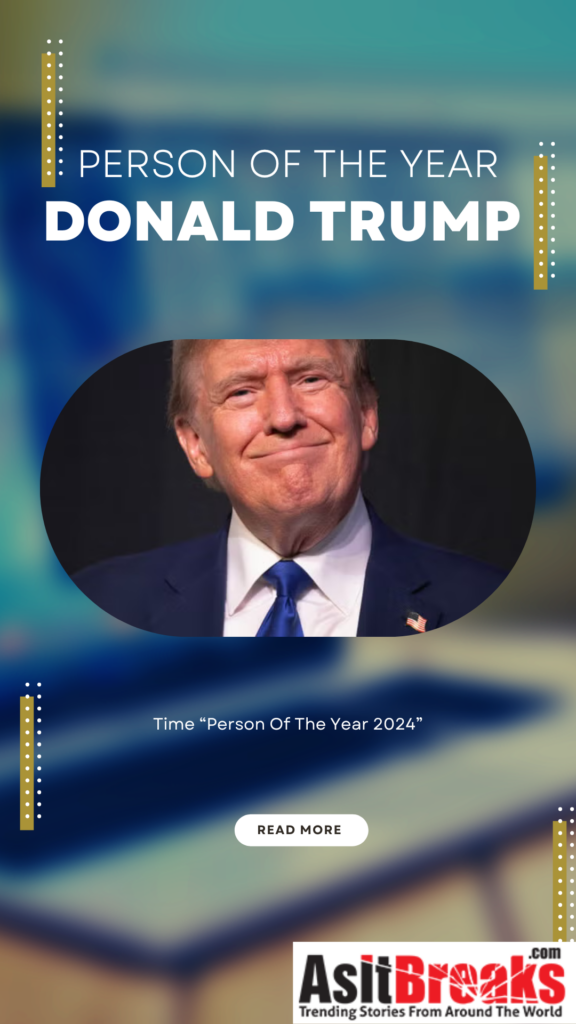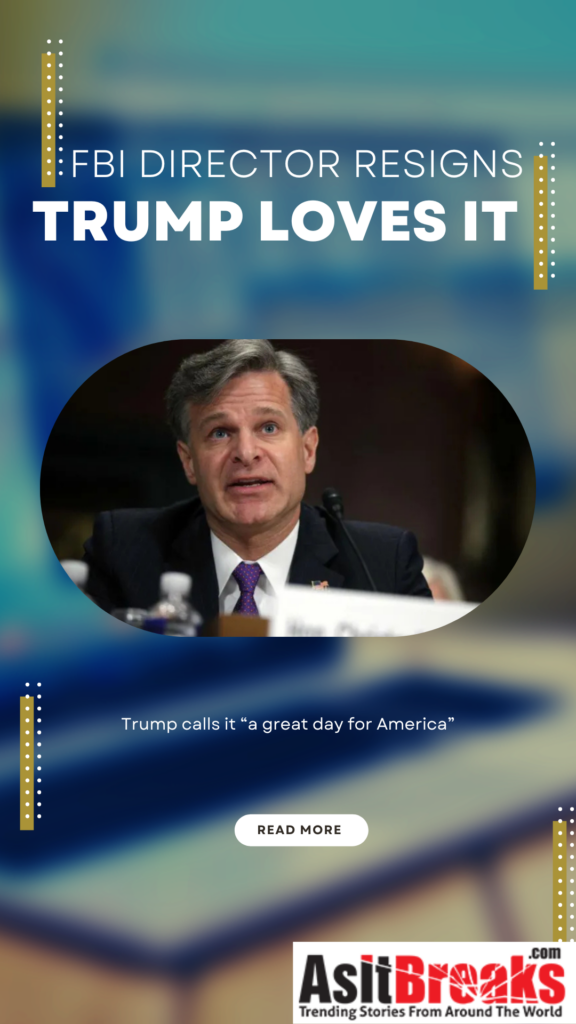WASHINGTON (AP) — President Donald Trump has revoked Executive Order 11246, a key workplace discrimination protection enacted by President Lyndon Johnson during the Civil Rights era. The move, signed on January 20, is part of Trump’s broader effort to dismantle diversity, equity, and inclusion (DEI) initiatives in federal employment practices.
Executive Order 11246, signed in 1965, mandated equal employment opportunities for people of color and women by federal contractors, ensuring hiring and training were free from discrimination based on race, color, creed, or national origin. Expanded in 1972 under the Equal Opportunity Employment Act, the order became a cornerstone for workplace equity, requiring federal contractors to take affirmative action to promote equal treatment.
Trump’s executive order claims that DEI practices promote “dangerous, demeaning, and immoral race- and sex-based preferences” that violate civil rights laws. It directs the Department of Labor’s Office of Federal Contract Compliance Programs (OFCCP) to immediately cease enforcing diversity and affirmative action mandates for federal contractors. Contractors have 90 days to comply with the rollback.
The revocation effectively ends affirmative action requirements for federal contractors and removes mandates for workforce balancing based on race, sex, sexual orientation, religion, and national origin. Critics fear this will encourage private companies to follow suit, potentially reversing decades of progress in workplace equity.
Civil rights leaders and advocacy groups have condemned the executive order. Marc H. Morial, president of the National Urban League, stated, “Diversity, equity, and inclusion are aligned with American values. They unite us, not divide us.” Judy Conti, of the National Employment Law Project, called the move a setback, saying it undermines efforts to ensure marginalized groups are evaluated on merit.
The executive order has sparked a nationwide debate about the role of DEI in modern workplaces. Critics argue it threatens the progress made since the Civil Rights era, while proponents view it as a step toward reducing what they see as overreach in DEI policies.
As federal contractors adjust to the new rules, the broader impact on workplace diversity and equity in both public and private sectors remains uncertain.


